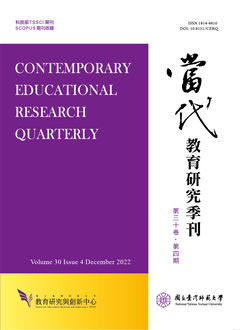

Several international projects of the 2000s have defined 21st- century skills or competencies. These are becoming a new way of speaking about education and curricula. The OECD has been a pioneer in this enterprise. Its comparative measurement approach requires the definition of ‘generic competencies’, independent of different cultures, national curricula and fields of knowledge. By measuring these, the Organisation considers itself able to evaluate the quality and efficiency of national school systems and to create a reliable foundation for their development. This paper critically analyzes the foundations and consequences of this governance strategy by analyzing the contents of the relevant OECD documents and by referring to the scholarly literature on the OECD’s governance, comparative measurement and PISA. The OECD’s abstract, decontextualized conception of competence cannot contribute to sustainability and well-being of society nor provide solutions to global problems. The language of competencies directs education to what can be measured and, in this way, narrows our understanding of the purpose and contents of education and Bildung.

本著作係採用創用 CC 姓名標示-非商業性 3.0 台灣 授權條款授權.
本刊國立台灣師範大學教育研究與創新中心
106台北市和平東路一段162號 | 電話: 02-7749-3670 | E-mail: cerecerq@gmail.com
教創中心 | 師大 | 電子報 | 線上投審系統
本刊由國家科學及技術委員會人文社會科學研究中心補助經費
© 2014 CERI-NTNU
